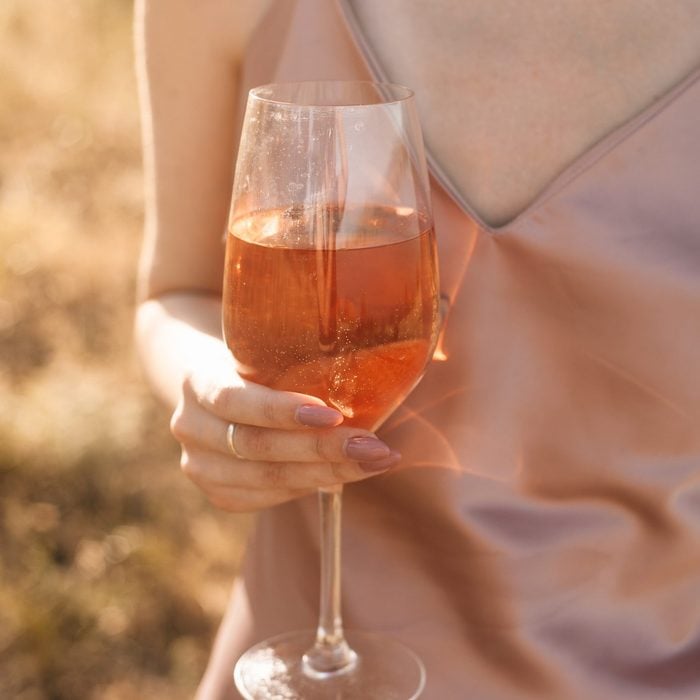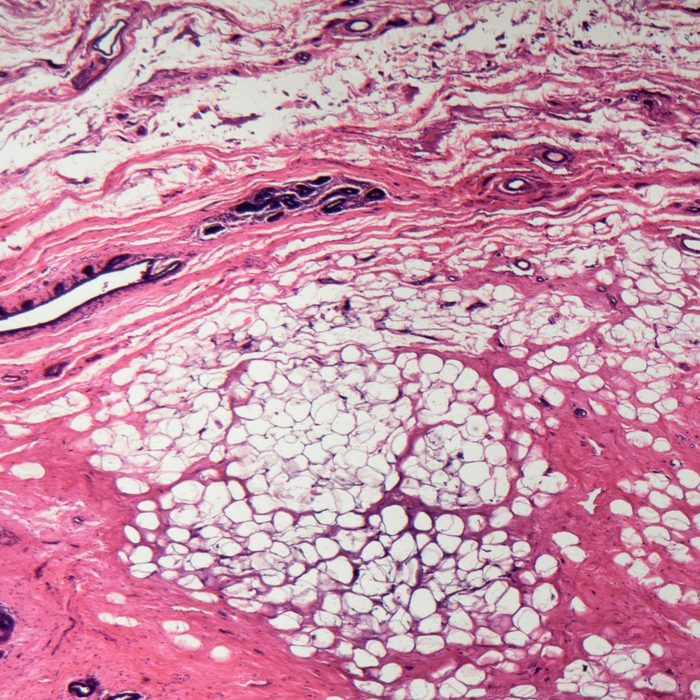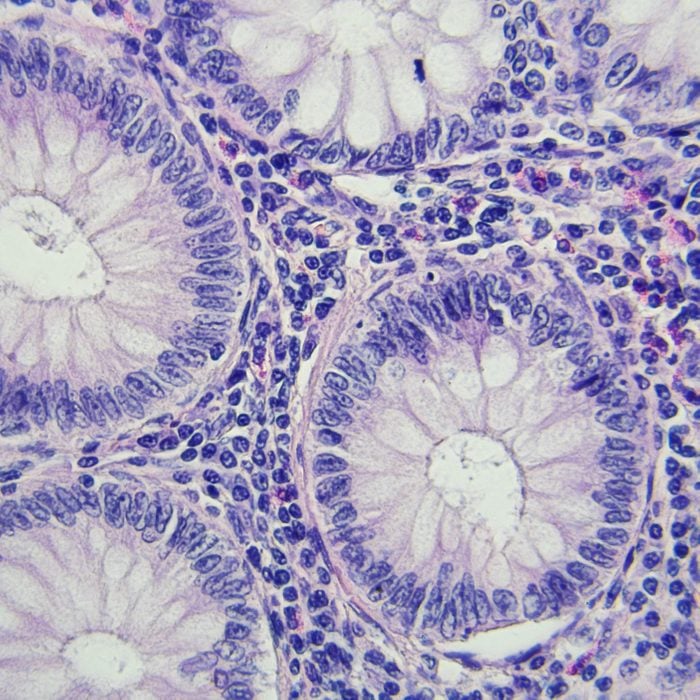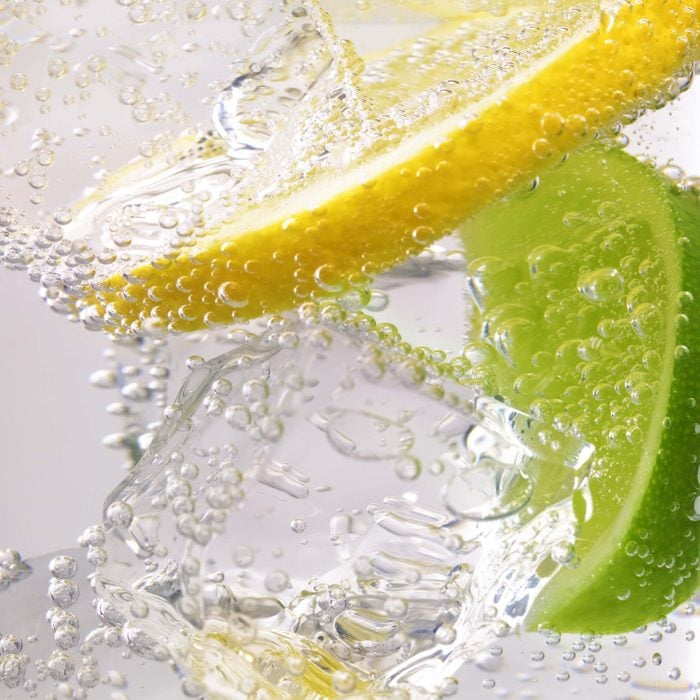
Twisting off a cap and pouring a glass of wine has become a pretty common practice—in fact, 2017 data suggested the average adult drank around 1.35 alcoholic beverages a day…and that was before the pandemic, when so many Americans self-soothed with sips. Because unwinding is healthy, right? It is, but it depends on how you do it. Increasingly, studies are showing that alcohol is seriously affecting the health of many women—especially when it comes to breast cancer risk.
Elizabeth Ward, MS, RDN, co-author of The Menopause Diet Plan, A Natural Guide to Hormones, Health and Happiness, shares caution: “I’m not sure women fully understand how alcohol affects their risk for cancer and how it influences their overall health, and there is a lot of work to do in that regard,” Ward says. “Evidence suggests that high-risk drinking among women over age 45 is on the increase in the United States. Age increases the risk of cancer, and the combination of excess alcohol intake and aging is not a favorable one.”
Current data suggest approximately four percent to 10% of breast cancer cases in the United States are attributed to alcohol consumption, which comes out to around 9,000 to 23,000 cases per year. Here, Ward sheds light on the growing link between drinking and women’s cancers—including who’s most at risk.
[Editor’s note: The American Cancer Society data suggests nearly 3,000 men will be diagnosed with cancer this year, with more than 500 of those cases becoming terminal.]

Alcohol can elevate estrogen levels
According to the American Cancer Society, even drinking small amounts of alcohol is linked with an increased risk of breast cancer in women, likely due to the link between drinking alcohol and increased estrogen levels.
Scientific trends suggest the risk may be particularly high for women who drink before their first pregnancy. One 2015 review in the journal Women’s Health found that drinking an average of one alcoholic beverage a day can increase breast cancer and proliferative benign breast disease risk by 11% to 16% for young women before experiencing their first pregnancy.

Alcohol increases the risk for other cancers, too
While women should be aware of the increased breast cancer risk tied to drinking, Ward points out that it isn’t the only cancer connected to alcohol consumption. “Alcohol in any form is a carcinogen,” she says. “Breast cancer risk rises as alcohol use increases, and alcohol also increases the risk of cancers of the mouth, throat, esophagus, liver, and the colon. The best advice for those concerned about cancer is not to drink any alcohol.”
Along with the increased cancer risk, alcohol—even light consumption—is known to interfere with sleep and brain function, and can even aggravate hot flashes, Ward says. “It may also suppress appetite and result in nutrient deficiencies, including shortfalls of vitamins and minerals that are crucial to a woman’s health. The combination of nutrient deficiencies and excess alcohol intake may also contribute to or exacerbate symptoms of depression, anxiety, and low energy.”
What Are the Best Foods to Fight Cancer? Well, Here’s What’s in a Cancer Dietitian’s Fridge

How to mitigate your risk
If you’re worried about your risk of developing cancer, the best-case scenario would be to abstain from drinking. Thankfully, the market is flush with a lot of great non-alcoholic drink options that still make shaking up a beverage fun—like using zero-proof spirits or booze-free wines and beers. (We’re currently also fans of the Tea Spot’s Turmeric Tonic, steeped hot with ginger, fresh lemon juice, honey, cinnamon and a half-cup of both apple juice and ginger beer. Their craft cold brew filter is also a genius gift for any loose tea lover.)
However, if you enjoy the occasional adult beverage, experts suggest strictly adhering to the 2020-2025 Dietary Guidelines for Americans, which states that women should consume one drink per day or less. “The trick is adhering to the moderate alcohol consumption recommendation, which requires knowledge about what constitutes a drink,” says Ward. “Although the United States standard drink definitions are helpful for following health guidelines, they may not reflect typical serving sizes.” This, Ward says, makes it “easy to exceed a standard drink.”
Ward also makes it clear that while choosing to abstain from alcohol can help manage your cancer risk, it will not eliminate the risk completely. “Cancer risk is complex and relative. Your risk for cancer depends on genetics, nutrition, smoking habits, exercise habits, and many other factors.”
For more wellness updates, follow The Healthy on Facebook, Instagram, and Twitter. Keep reading:
- What Do Nutritionists Eat? We Peeked Inside a Dietitian’s Fridge and Found These Exact Groceries
- Can’t Sleep? A New Study Found This Solution Was More Powerful Than Melatonin
- ‘What’s the Best Birth Control for Me?’ The 7 Methods OB/GYNs Currently Want You to Know About
- Duchess Meghan Markle’s 11 Quiet Habits That Help Her “Survive and Thrive” in Royal Life
